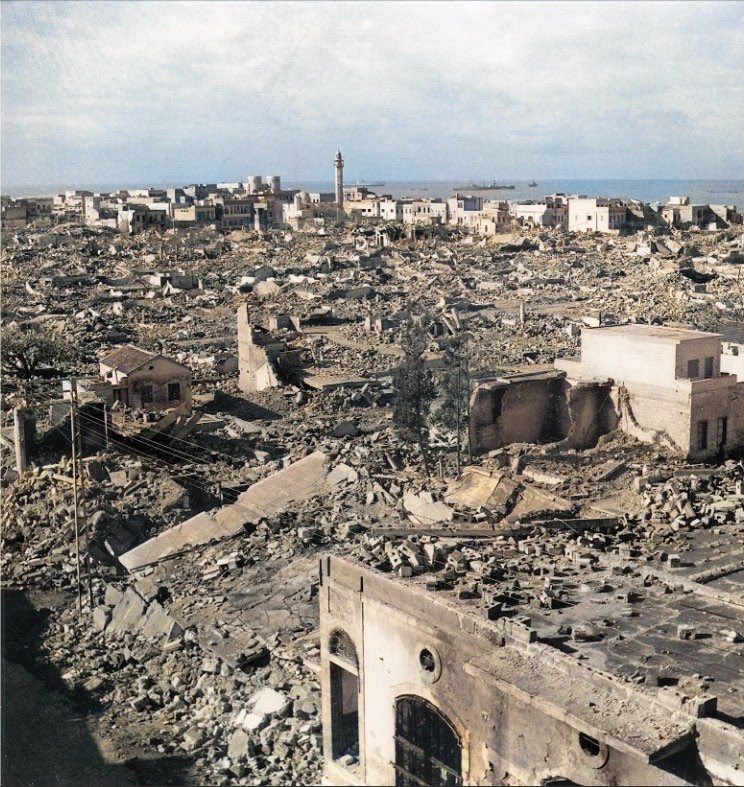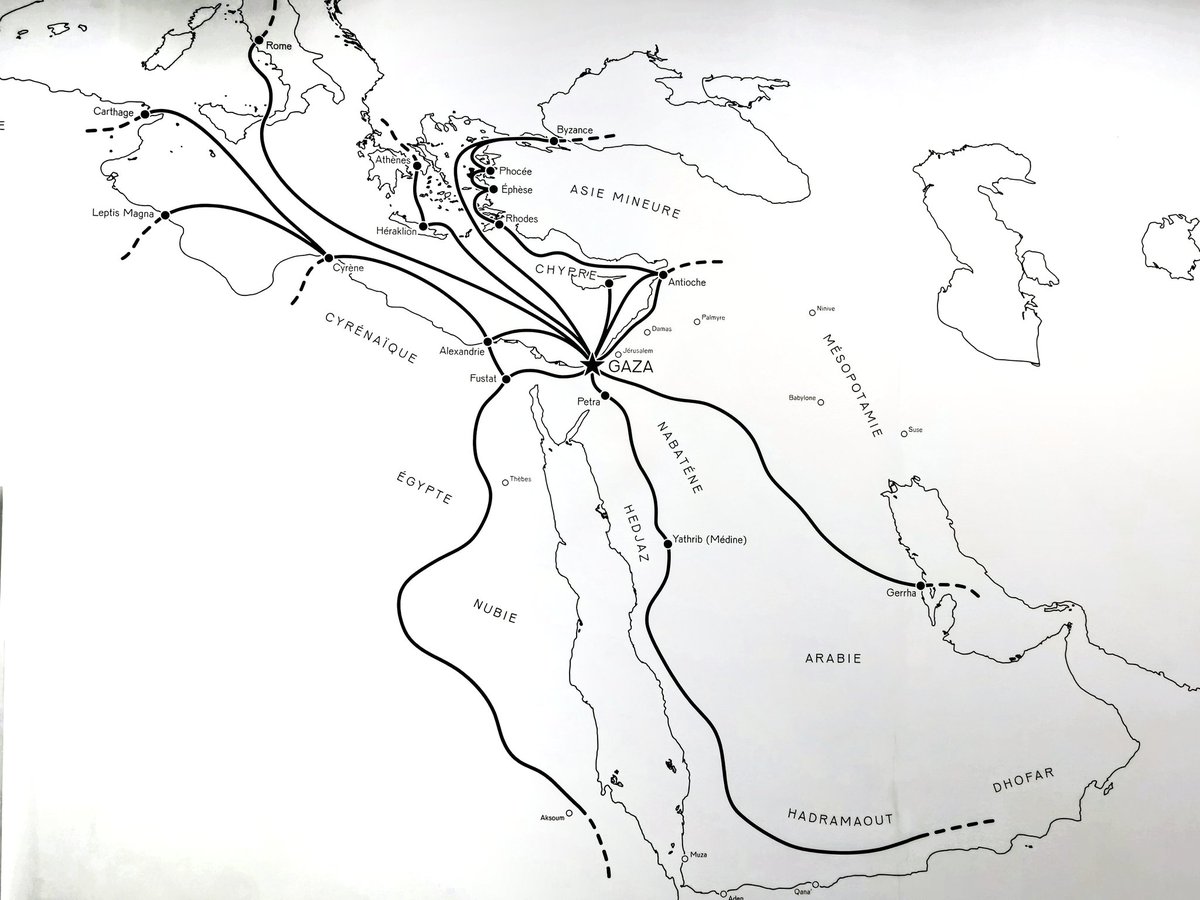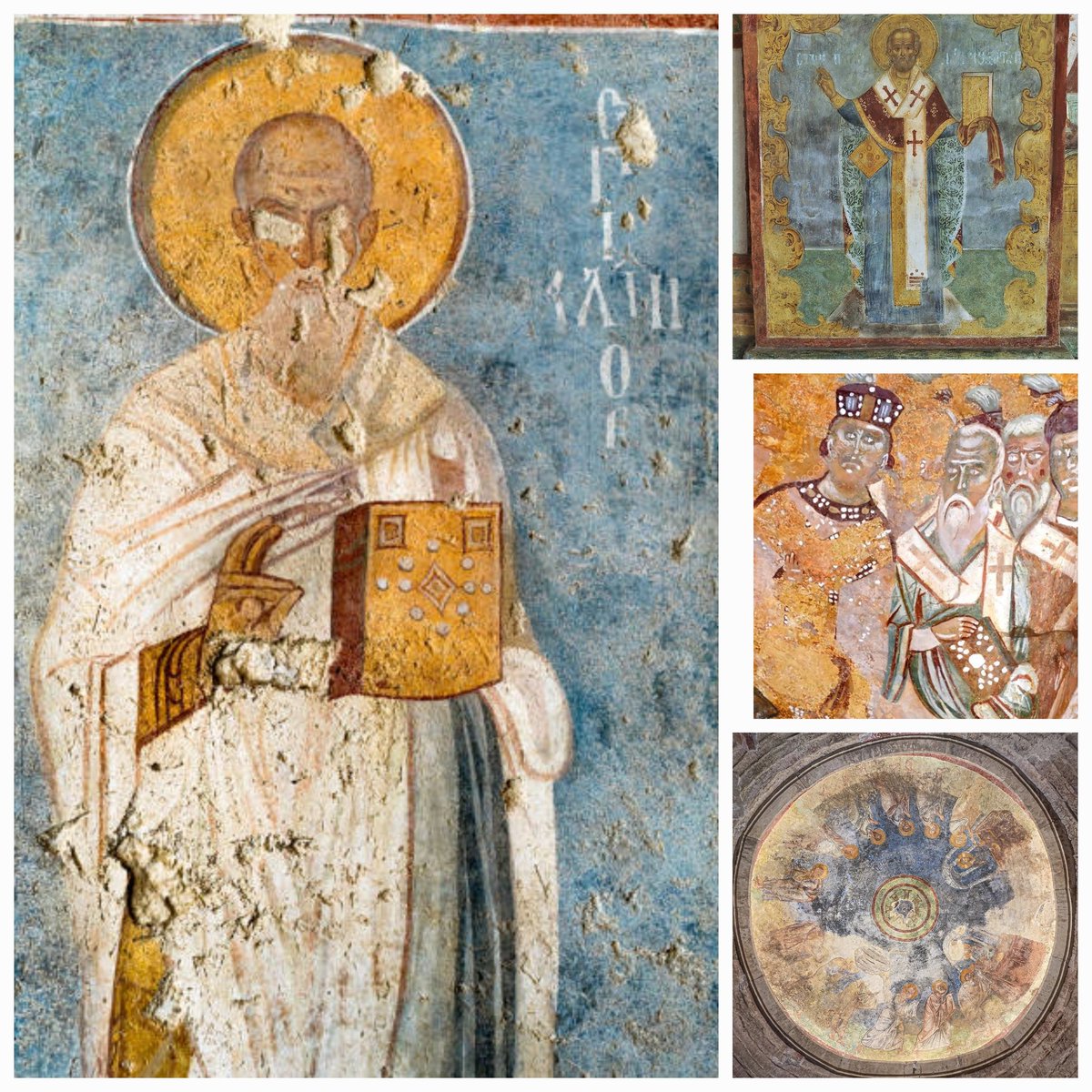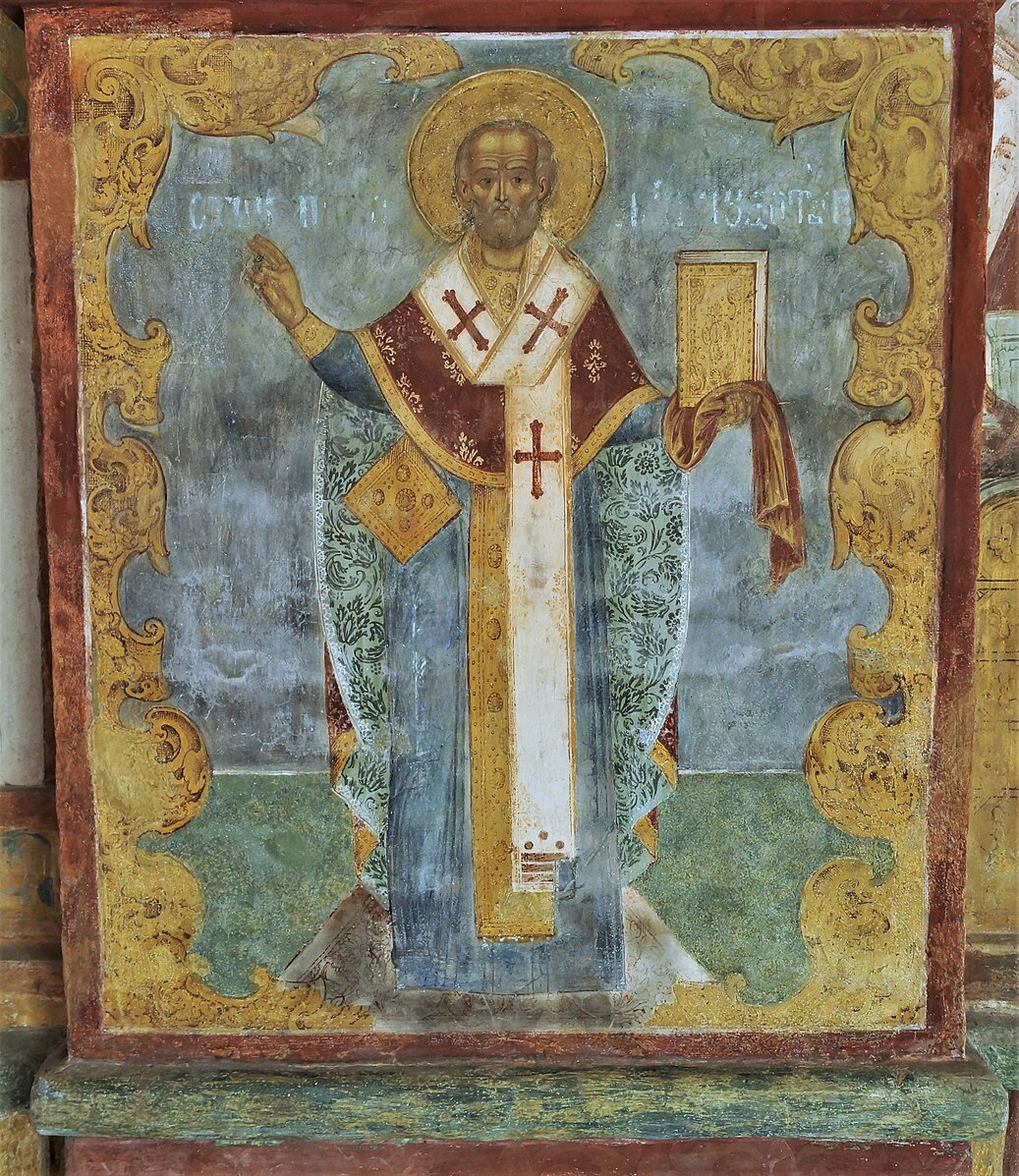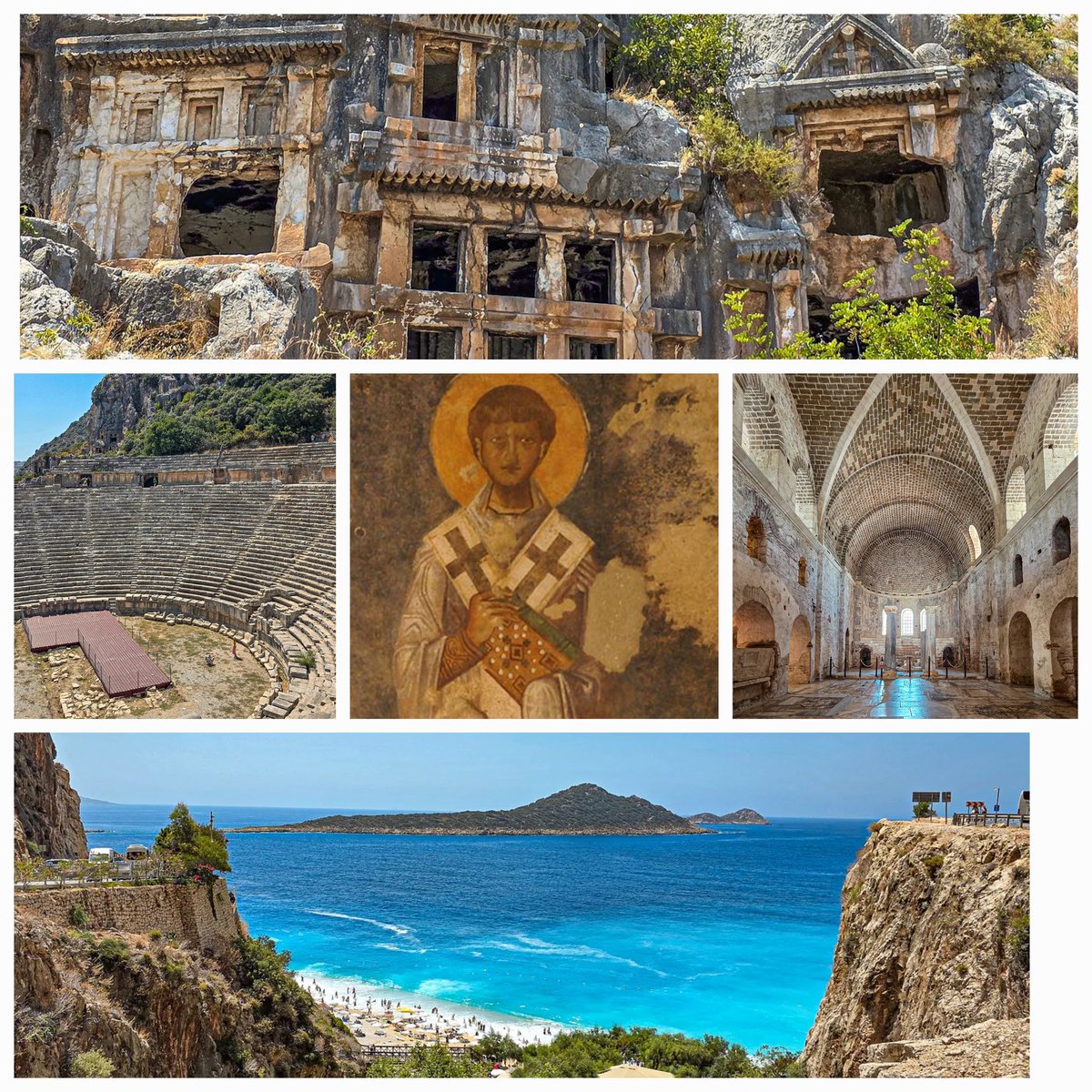They were built by Sri Kahulunnan or Pramodhawarardhi, the daughter of Samaratungga, descendant of Sailendra Dynasty, and who was married to Rakai Pikatan of the Hindu Sanjaya dynasty. 

Locked deep in meditation, focused within as they hover on the threshold of Enlightenment, these handsome and elegant Plaosan Bodhisattvas, are masters of self-control and spiritual discipline, yet somehow still manage to emanate peace, sympathy and profound compassion. 

More extraordinary images of the Bodhisattvas decorate the exterior wall, hovering somewhere between this world and the next. 

Caught suspended in the crosswinds between karma and Enlightenment, strung between the world of suffering and Tusita heaven, between the Yāmā deva realm and that of Nirmanarati deva, the Plaosan Bodhisattvas dot the exterior of the vihara, symbols of the peacefulness within. 

• • •
Missing some Tweet in this thread? You can try to
force a refresh






